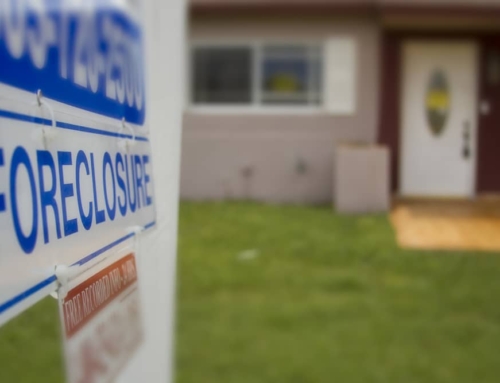If you ask home buyers what kind of house they’d like to own, they invariably say “new.” If the house isn’t newly constructed, then most buyers would like to own a house that feels just like new.
Why? Lots of reasons. It’s nice to be the first family to live in a home, when everything is clean and new. When you buy new construction, you typically get to choose some or all of the finishes. Finally, new homeowners are typically short of two things: Cash (because they’ve spent so much to buy the property) and time (because they’re so busy working to make enough money to pay the mortgage).
But buying a new home usually means trading off other things, like location. If you’re on the fence, wondering whether you should buy a new or existing home, here are a few things to mull over:
For starters, new construction generally costs more than existing housing. Typically, you’ll pay more for a 4-bedroom newly-built house than for a similarly sized home that was built 5, 10, 20, or even 50 years ago.
That premium can be partly explained because new houses tend to be larger than homes built 20 years ago. Typically you’ll have 2 1/2 baths in a four-bedroom home. Twenty years ago, it was more common to have 4 bedrooms and 2 baths. Fifty years ago, you might have had 3 bedrooms and only 1 1/2 baths.
And, then there are the amenities. Today’s newly constructed home typically contains central air and loads of appliances, fireplaces, and lofted spaces. You may have a 2 or 3-car garage. All that runs up the price tag.
But there are other, hidden fees. When you buy a new house today, you’re typically paying a portion of the “impact fees” charged to developers by the community to cover the costs of development (including sewer lines, more roads, and more students in the local schools).
If money is an issue, you’ll probably want to find an existing house that you can later fix up with all the amenities of a newly-built house.
Another issue with new construction is the neighborhood. Typically, developers buy a cornfield and put up houses. That’s because it’s difficult to find a vacant, large infill plot of land in a city, and it isn’t profitable for large developers to build homes piecemeal.
So developers purchase acreage farther and farther out from the city center. While whole new communities spring up, the retail and service development usually lags behind. When you first move into a new community, you might have to drive 5 miles for a gallon of milk. (And if you have young kids at home, all those milk runs can really add up the mileage on your car.)
Also, developers sometimes pick less favorable school districts or communities in order to find affordable land. So your brand new home may not be in the best school district, or even in your suburb of choice.
Does that mean you shouldn’t buy a home in a new development? No. It simply means you need to think about where you’re going to go shopping, work out, drop off the cleaning, fill up the car, and school your children before you sign the purchase offer.
One of the dangers in buying new construction early on in the life of the project is the developer may run out of cash before the project is done. If that’s the case, your home could plummet in value.
While few developers are going to give you their financial statements to look at, be sure to thoroughly check out the background of the developer. You shouldn’t have trouble with a large, well-known company that has completed various projects, but do your homework.
Visit residents who live at other developments the builder has completed, and see how well the homes have held up, and ask if they have any complaints. A series of disgruntled homeowners should be a red flag.
If you purchase a home from a reputable, quality developer, and the development itself is a quality project, your home should not only retain its value, but appreciate in value, even though other, newer projects have opened up. But beware: In a low-quality development, homes can come apart faster than they were original put together.
You should also think about whether you have the soul of a fixer-upper. New construction means everything is about as perfect as it’s going to get. These days, no matter what the price range, you should be able to customize your home to some degree, take advantage of options and upgrades, and choose your own colors and carpet. You also get a home specifically designed to your needs. If you require a home office, for example, most new construction house plans feature a first-floor space that could function as a separate home office.
Hopefully, your newly-constructed home will require almost no maintenance. (Why? Everything is new.) So if you’re looking for a house that’s about as maintenance-free as can be (without going into a maintenance-free community we talked about earlier), new construction might be perfect for you.
But when you buy new construction, your home will appreciate only as fast as the general area. If you are looking to build in value, you’ll probably want to choose a fixer-upper home where you can select the finishes that appeal to you but are neutral enough to appeal to the buyer who will purchase the home from you someday.
Thinking through these issues is the best way to figure out whether a newly-built home is for you, or if you’re really looking for that diamond in the rough.






Leave A Comment